How to Prevent Synagogues from Becoming COVID-19 Hotspots: An Engaging Interview with the COVID-19 Gabbai
In an interview with Hidabroot, the gabbais discuss their role in keeping synagogues open, dealing with rule dissenters, avoiding embarrassment, and walking the tightrope.
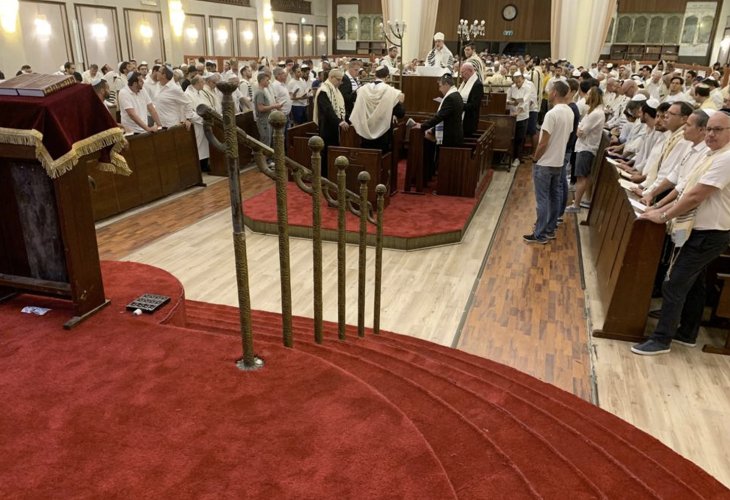 The Great Synagogue in Tel Aviv (Photo: Itzik Finkelstein)
The Great Synagogue in Tel Aviv (Photo: Itzik Finkelstein)Once again, COVID-19 is making its way back into our consciousness, threatening to disrupt all of our plans once more. However, unlike the previous wave, this time we are not hearing about mass infections in synagogues as often as we used to in epidemiological reports from the Ministry of Health. This is thanks to the COVID-19 gabbais, who, at the direction of rabbis and the Ministry of Health, took upon themselves the role of gatekeepers to prevent another mass outbreak and the associated danger to life. Additionally, it was painful to see synagogues closed, something that only occurred during the darkest periods of our history. "There is no doubt that history was made here," says Shlomo Pivko, chair of the Great Synagogue in Tel Aviv, sadly. "Even during the Holocaust, the Great Synagogue in Tel Aviv remained open. Since its founding, when the cornerstone was laid by Mayor Dizengoff and Rabbi Kook almost ninety-six years ago, it never closed. Unfortunately, the COVID-19 virus shut down this holy place," he adds with a fallen expression.
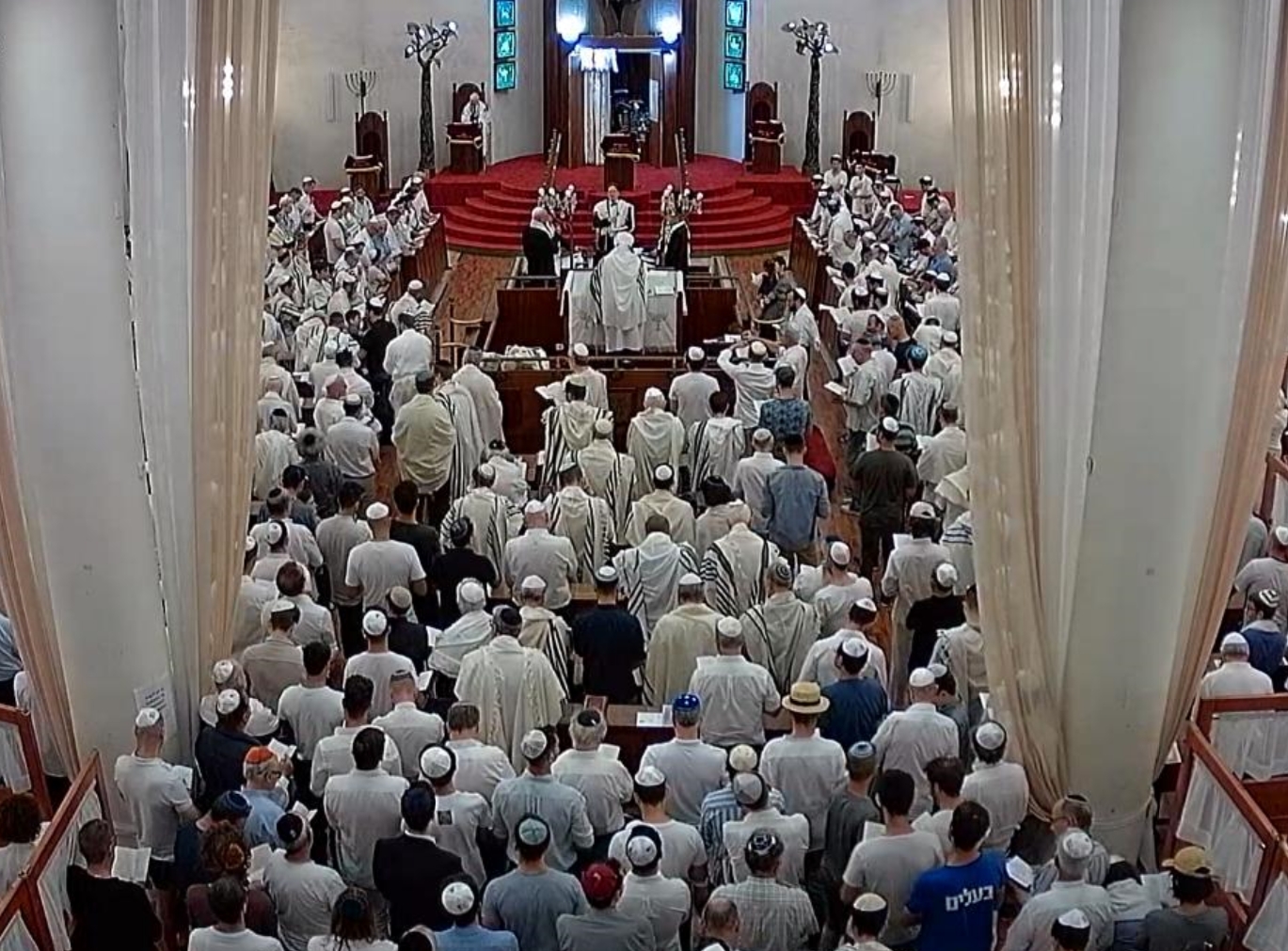 The Great Synagogue in Tel Aviv (Photo: Itzik Finkelstein)
The Great Synagogue in Tel Aviv (Photo: Itzik Finkelstein)The Great Synagogue in Tel Aviv is located at the corner of Allenby and Ahad Ha'am streets, surrounded by businesses and commerce. It also serves as a pivotal Torah-reading location for the traditional residents of the area. About six years ago, the board of the synagogue chose the youngest of its members, Shlomo Pivko, who previously served as a cantor in various synagogues and the police, to be the chair of the synagogue.
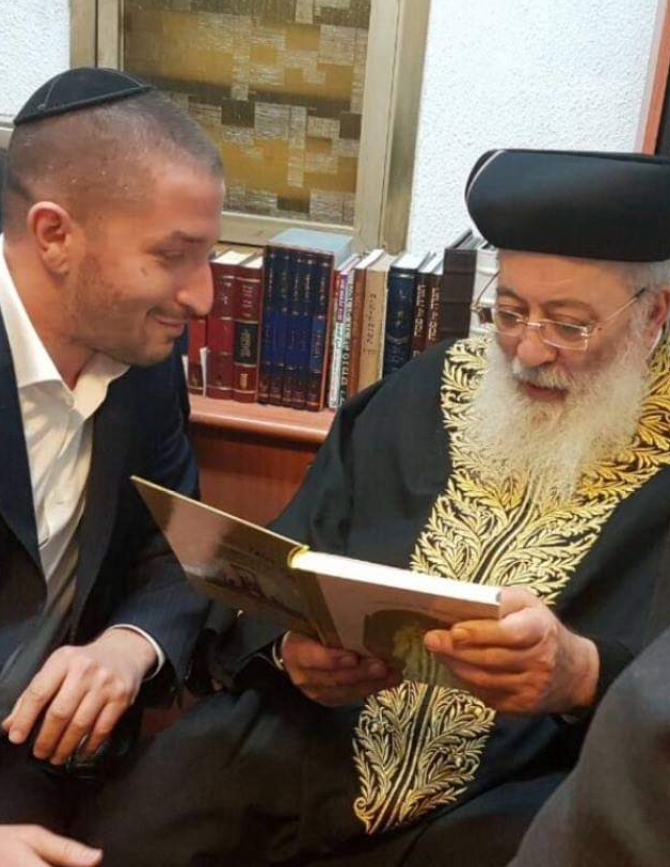 Gabbai Shlomo Pivko
Gabbai Shlomo PivkoWhat led you to become the chair of such a large and old synagogue?
"It began with my father, of blessed memory, who was a gabbai in a synagogue for Holocaust survivors near the Great Synagogue. Slowly, the synagogue dwindled in worshippers until it closed, and then he moved to be a gabbai at the Great Synagogue for decades. Before he passed the keys to me, he asked me to restore it to its former status. Unfortunately, it was desolate for many years and almost closed, but thank Hashem, today it has returned to its glory. We have singing evenings, Torah lessons, daily in-depth and profound study sessions. The place was graced for several years, until recently, with regular lessons by Rabbi Zamir Cohen, thanks to Council Member Moshe Chaim. These lessons have now moved to Ramat Aviv due to renovations."
Multiculturalism in Tel Aviv
Tel Aviv is a multicultural city filled with innovative ideas. In such a diverse place, I'm curious, which prayer tradition is used at the Great Synagogue?
"Once, most of the worshippers were elderly, with a sense that tradition belonged to the older generations. But today, thank Hashem, we have many new immigrants, traditionalists, and many younger people from the southern neighborhoods. Here, we allow every worshipper to find their own place. The prayer custom is Ashkenazi, but the pronunciation is Sephardi-Israeli. In the Torah reading, anyone can come up and read in their own tradition."
During the COVID-19 period, how do you ensure the place doesn't become a COVID hotspot?
"We listen and comply with the Ministry of Health's instructions. After the synagogues were allowed to reopen, we hired a company specializing in disinfecting institutions and disinfected the entire synagogue. Additionally, I appointed a COVID-19 gabbai, whose sole responsibility is to stand near the entrance and ensure everyone enters with masks, without exception. Sanitizer stations are set up at the entrance, and all worshippers are required to sanitize their hands before entering to pray. For the overly cautious, there are also wet wipes available to disinfect their surroundings. But it doesn't end there; the greater challenge is maintaining a two-meter distance between people, which is difficult, but thank Hashem, it's possible."
Shlomo emphasizes how grim the situation remains despite strict guidelines: "The Great Synagogue can hold up to a thousand worshippers. It's the largest synagogue in the country, except for the Great Synagogue in Jerusalem," he says, adding, "Unfortunately, because of the two-meter distancing rule, we can't allow more than seventy worshippers, which is not pleasant at all."
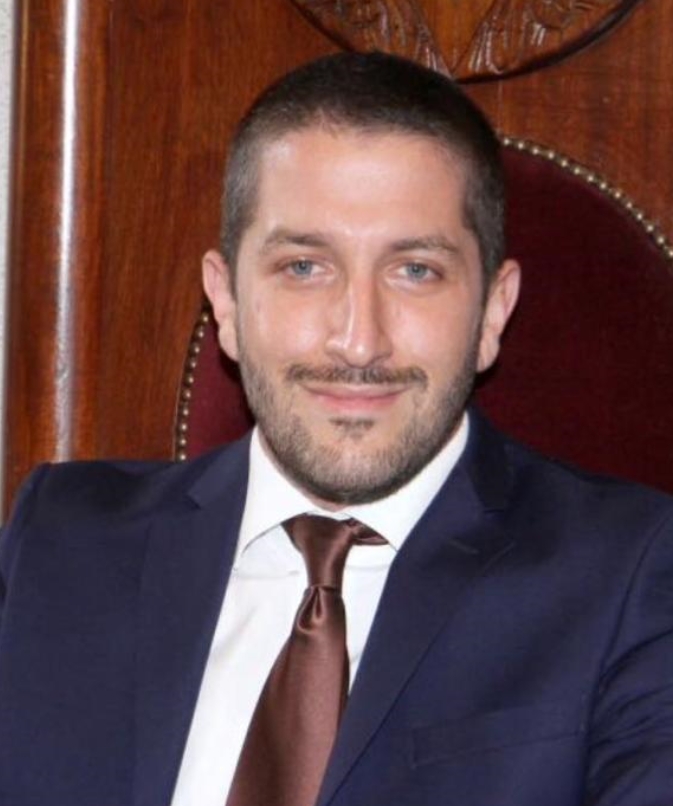 Gabbai Shlomo Pivko
Gabbai Shlomo PivkoAnd what happens if the seventy-first worshipper arrives?
"Well, we're not that strict. Of course, one or two more can enter, but beyond that, we are not willing to let in more, under any circumstances. Ironically, some people have decided not to come by their own choice due to fear of infection, and so they stay home, which eases the potential crowding."
Shlomo insists, "We're not a police force, and we don't enforce a regime here. The COVID-19 gabbai's role is just to remind people of the obligation to wear masks, etc., but certainly not to force people to do something they don't want to do. If someone insists on violating the guidelines, and there are such cases, we ask them to sit in a distant corner to avoid endangering other worshippers. Furthermore, to exercise extra caution, we operate both the air conditioning and ventilation in the synagogue, ensuring minimal risk of infection."
"As observant Jews, in addition to the Torah commandments, we have another commandment of 'And you shall greatly guard your souls.' We do everything we can to guard and protect, and to our relief, none of our worshippers or guests have become infected or ill, despite hosting large events here."
From the United States to the Synagogue
When Shlomo mentions large events, I raise an eyebrow. What large events take place at the synagogue besides prayers?
"As opposed to the kiddushim on Shabbat that were canceled, we now host weddings and betrothals. Couples whose wedding halls closed on them suddenly, we hosted them. There was even a chuppah where the synagogue's rabbi, Rabbi Yitzchak Bar Ze'ev, conducted the betrothal. All the neighborhood residents participated from their balconies, which was a delightful and heartwarming sight for a couple who experienced such a great disappointment."
Shlomo shares a personal experience from this year amidst COVID-19: "In the distant past, it was customary to hold a communal seder meal at the synagogue, which then stopped. However, thanks to divine assistance, we revived this blessed custom. What particularly moved me occurred last year. An elderly woman from the United States visited Israel and was looking for a place to participate in the seder night. We offered her to join the synagogue's seder night, and she indeed participated. After the seder, she approached the rabbi and said she hadn't had such a spiritual experience for fifty years during the seder night. She added that she felt compelled to return every year. This year, she contacted me; she very much wanted to come, but because of COVID-19, it wasn't possible. She was very saddened by it, and it's truly unfortunate. I hope that next year she can make up for her absence this year."
Between Man and His Neighbor
I'm still in Tel Aviv. After having been at one of the largest synagogues in the country, I now arrive at the 'Shaarei Asher' synagogue on Kibbutz Galuyot Street in southern Tel Aviv, which undoubtedly appears to be one of the most beautiful in the country. Welcoming me is Gabbai Rabbi Binyamin Asher, who is also the COVID-19 gabbai of the place. "The synagogue's rabbi identified the danger earlier than anyone else," he tells me, revealing that "this was the first synagogue closed due to COVID-19. The rabbi didn't wait for government instructions to understand the danger we faced."
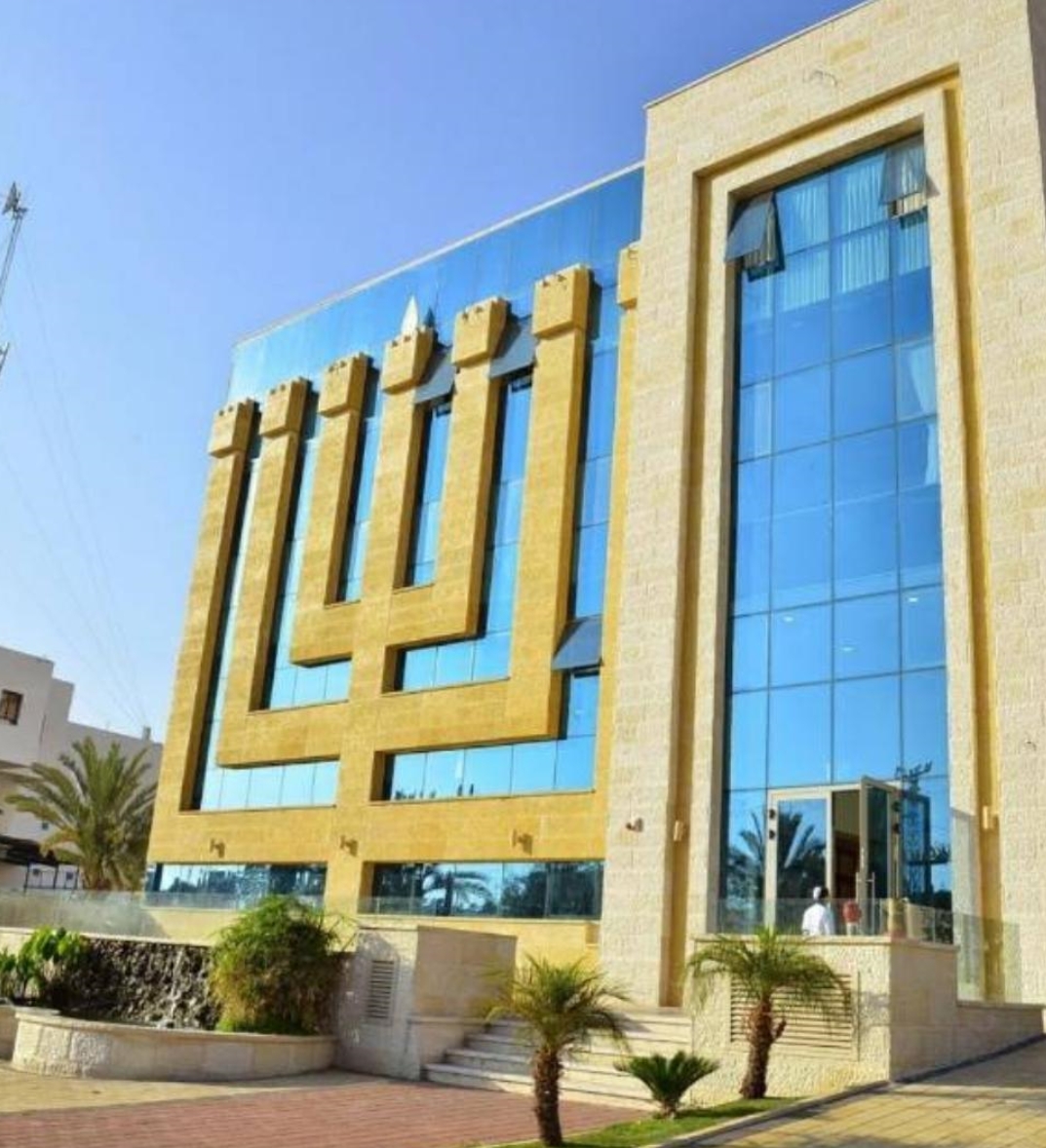 Synagogue 'Shaarei Asher' (Photo: Binyamin Asher)
Synagogue 'Shaarei Asher' (Photo: Binyamin Asher)Binyamin Asher (30), during the week, works as a coordinator of therapeutic education for the advancement of ultra-Orthodox youth in the Tel Aviv municipality. Meanwhile, he serves as the gabbai of the Shaarei Asher synagogue, established by his father, Rabbi Shimon Asher, about thirty years ago. The place accommodates around two hundred worshippers. Additionally, the rabbi holds a kollel for married men and a kollel for rabbinical judges. The location hosts youth study sessions, female study sessions, and charitable endeavors across various life aspects.
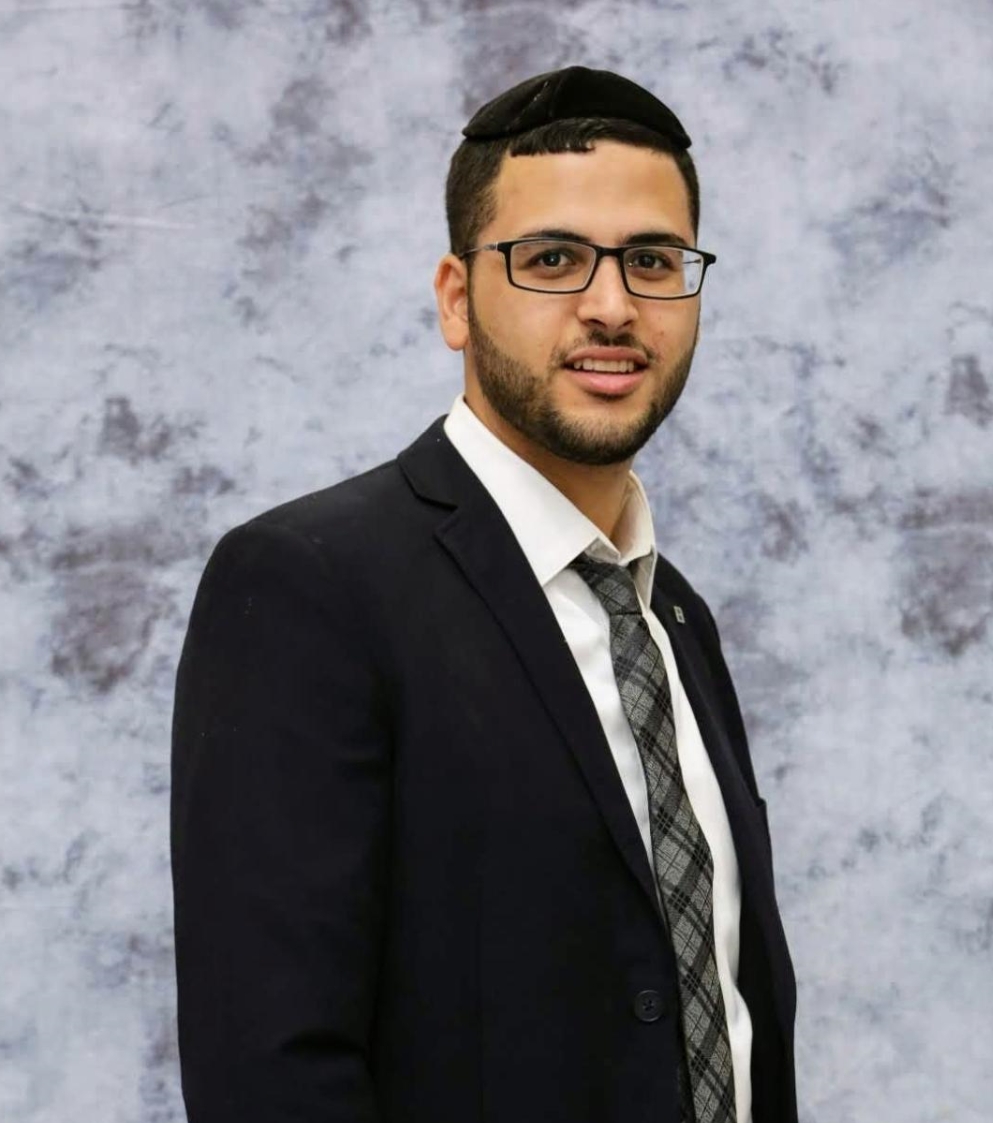 Gabbai Rabbi Binyamin Asher
Gabbai Rabbi Binyamin Asher"We behave here with extra sensitivity," Binyamin shares. "It often happens that worshippers forget to bring a mask from home, and then our double-caution mechanism kicks in." He adds and elaborates, "The synagogue's rabbi and my teacher, Rabbi Shimon Asher, who is also the rabbi of the Kiryat Shalom neighborhood, and head of the 'Shaarei Asher' institutions, is strict not only about wearing masks but also about commandments between man and his fellow man. Therefore, it is essential to be careful not to hurt or shame someone not wearing a mask because then our gain becomes our loss."
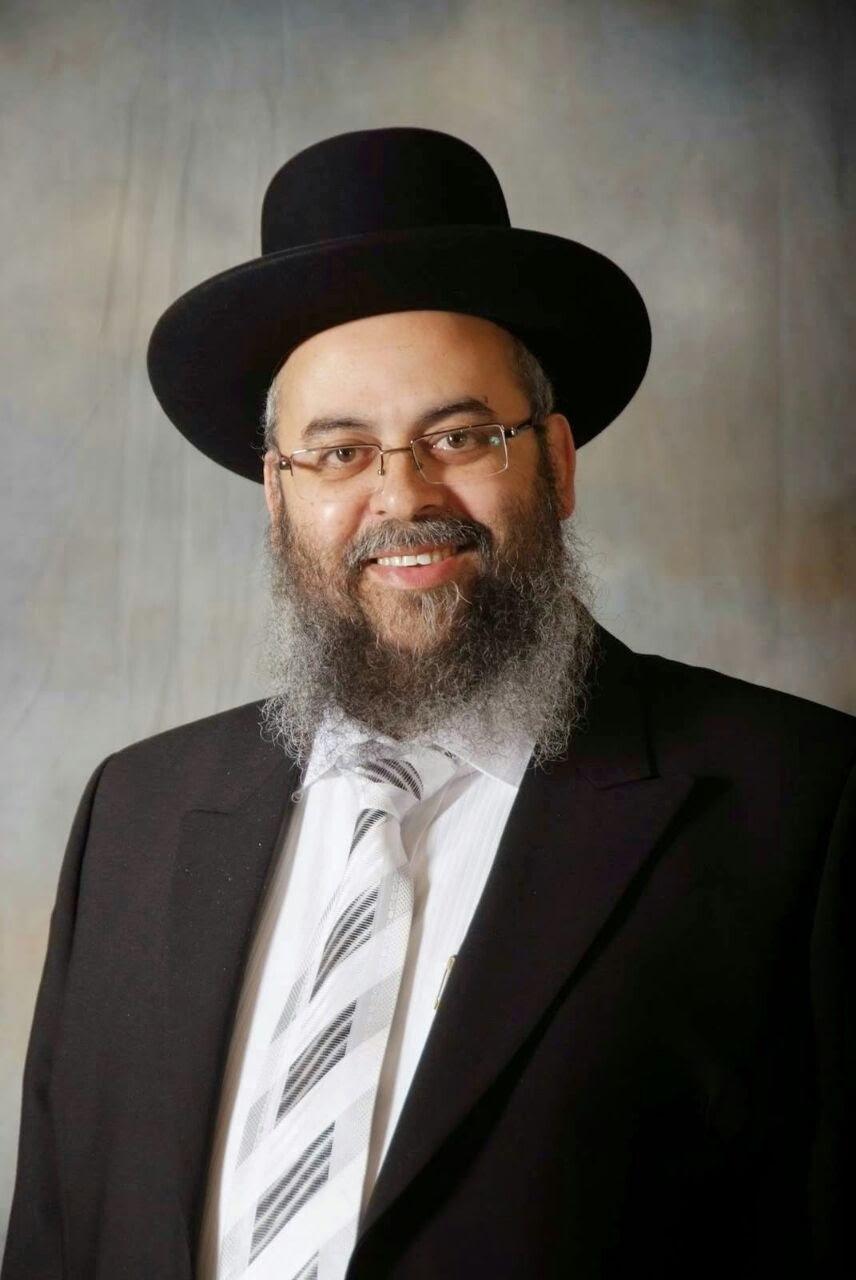 Rabbi Shimon Asher
Rabbi Shimon AsherBinyamin tells me, "We try to maintain a certain routine at all costs, but the directive for the elderly not to come to the synagogue remains, and the rabbi's public reception is not held to prevent endangerment. What is not essential is not done, so we may live and not die."
And what happens if someone arrives without a mask?
"Thank Hashem, we anticipated this, so we stocked up on masks precisely for these situations."
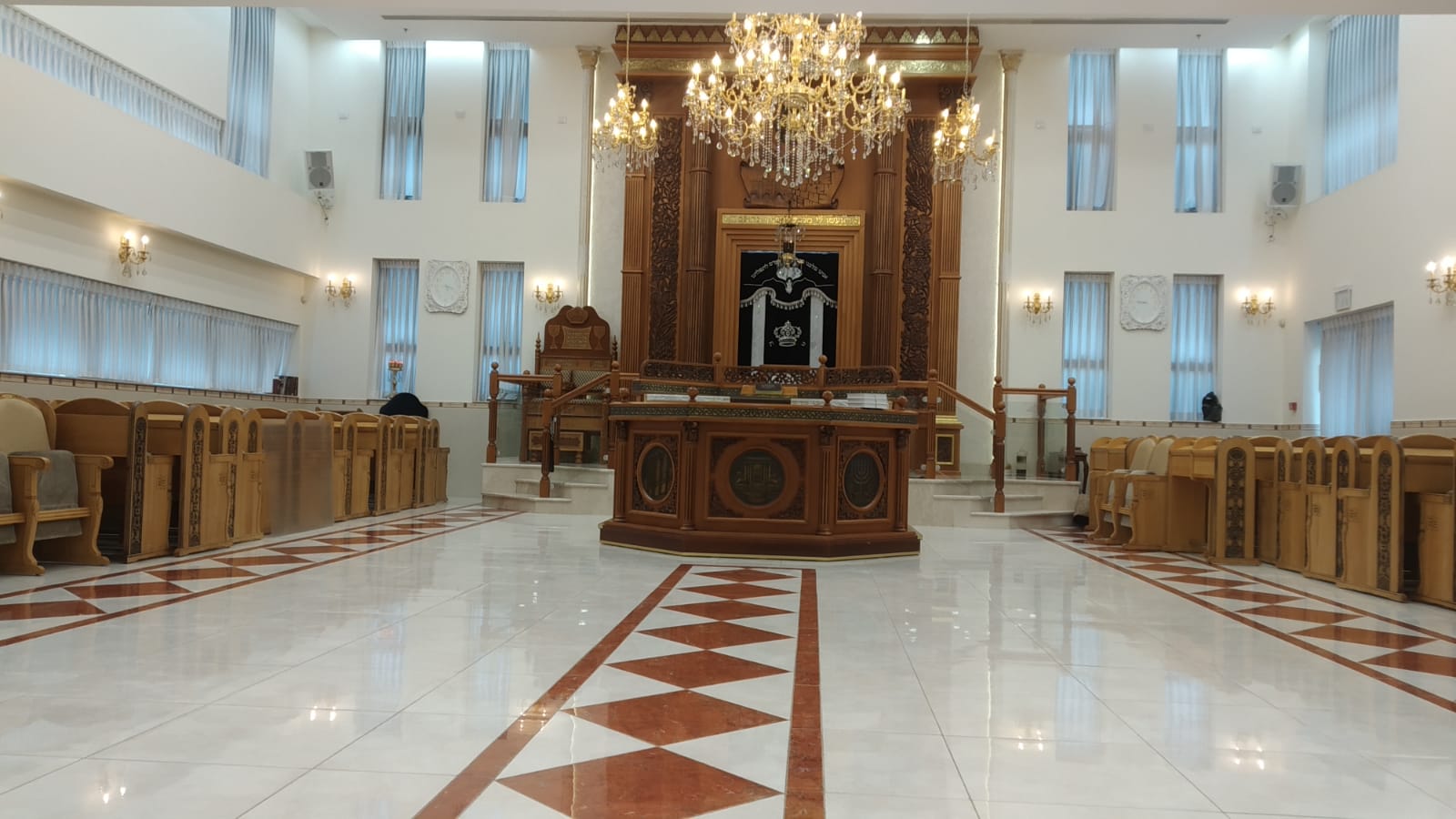 Synagogue 'Shaarei Asher' (Photo: Binyamin Asher)
Synagogue 'Shaarei Asher' (Photo: Binyamin Asher)But if they insist on not wearing the mask, what can you do?
"The main solution to these kinds of problems is not to reach a state of refusal to wear a mask. To achieve this, we must tread carefully and appropriately respect everyone in every situation." Binyamin also provides an example of how one should give every person the benefit of the doubt: "There was a Jewish man who consistently came without a mask. I tried various ways, but it didn't work. Then it turned out he had a medical issue, so considering this, I seated him in a corner where he wouldn't endanger public safety, but I'm glad we did not unjustly hurt him."
In conclusion, Binyamin adds, "My father always tells me, 'With pleasant ways, you can achieve anything,' and indeed, I see this clearly."

